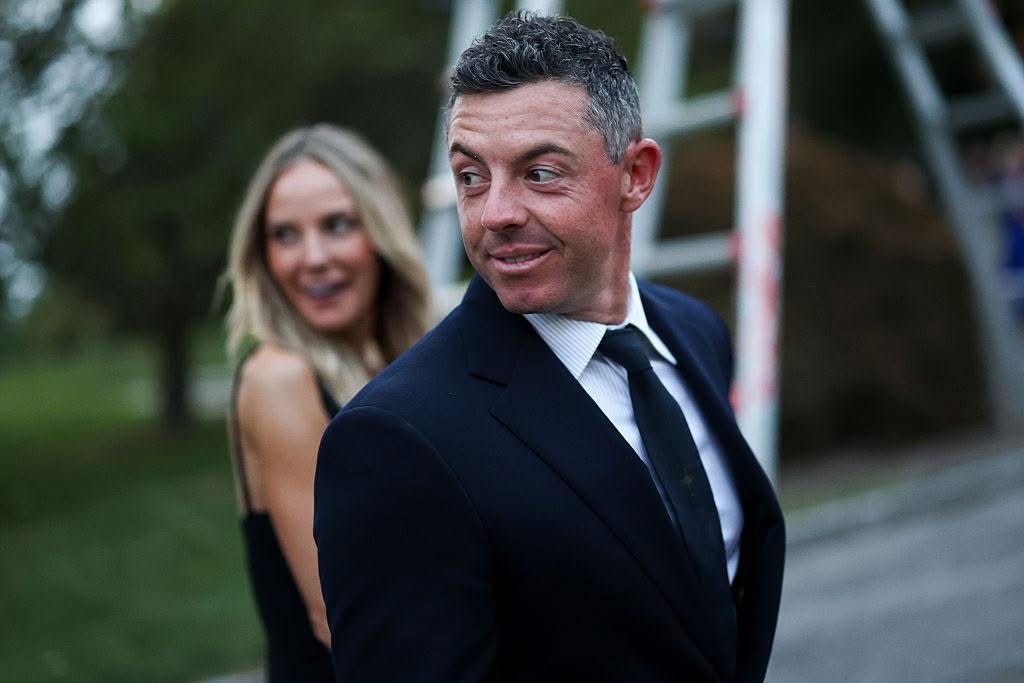In the wake of an emotionally charged Ryder Cup, talkSPORT pundit Simon Jordan did not hold back in his critique of Bryson DeChambeau’s conduct during the competition, calling his behavior “ridiculous jingoism” and accusing him of lacking dignity.
A Sharp Rebuke
Jordan’s criticism zeroed in on more than just performance. Though he acknowledged DeChambeau was hitting the ball well, Jordan’s ire was directed at what he saw as excessive theatrics and nationalistic posturing:
“I don’t think I’ve ever watched a golfer and been so irritated as with DeChambeau. … the attitude and the jingoism and the pumping of the air and the ridiculous body language … really got on my chips.”
“It’s often easy to be dignified in victory. It’s equally as important to be dignified in loss.”
“They didn’t win, did they? … They bottled it.” TalkSport
Jordan’s comments connect to a broader argument he made: that the American side’s aggression, noise, and crowd energy may have backfired — especially when the result still tilted toward Europe.
Context: The Ryder Cup & Team Tensions
The 2025 Ryder Cup — held at Bethpage Black — saw Europe reclaim the Cup in emphatic fashion. While Team USA mounted a spirited late surge, they were unable to overturn deficits accrued in earlier sessions, with Europe winning four of the five sessions overall. TalkSport
DeChambeau’s style and persona have drawn criticism from multiple quarters during this tournament. His displays of self-confidence, celebration, and visible emotional reactions have been characterized as excessive by some pundits. Kenneth Brandel Chamblee, one of DeChambeau’s vocal critics, has described him as a “circus barker” and a “captain’s nightmare,” particularly questioning whether his flair and focus on personal branding align with the more team-centric ethos of the Ryder Cup. New York Post+1
In contrast, Jordan’s attack is sharper — less about stylistic mismatch and more about emotional excess, what he sees as disrespect to the team format, and the optics of losing with swagger.
What It Signals — and What’s at Stake
- Team identity vs. individual persona. The Ryder Cup — unlike most golf tournaments — is as much about representing one’s country and contributing to team success as it is about individual excellence. Jordan’s critique implies that DeChambeau’s expressive style overshadowed the collective mission.
- Dignity in defeat. Jordan presses the idea that sportsmanship and composure matter as much in loss as they do in victory. To him, the loud displays after setbacks undermine that principle.
- Fan expectations & media narrative. American golf fans and the U.S. media often expect their stars to fight, show intensity, and represent national pride. But when the performance doesn’t deliver, those same traits can be reinterpreted as petulance or hubris.
- Legacy and reputation. For DeChambeau, beyond the tournament outcome, the optics of behavior may influence how peers, media, and fans interpret his legacy — especially in team events.
Responses & Rebuttals (So Far)
DeChambeau has not publicly addressed Jordan’s remarks in detail (as of this writing). Other commentators have challenged some of Jordan’s premises, noting that passion and expressive body language are not unusual in high-stakes sports, and that criticism should not discount performance.
Supporters of DeChambeau might argue that in elite sport, emotional energy can be a weapon — but the challenge is managing it in a way that uplifts the team rather than becoming a distraction.
Bottom Line
Simon Jordan’s take is unflinching: DeChambeau’s Ryder Cup demeanor crossed a line from spirited to excessive. Whether that judgment is fair depends largely on one’s view of the role personality should play in team golf — and how much emphasis is placed on decorum versus expression.
If you like, I can also draft a version with more voice from DeChambeau, responses from other players, or counter-perspectives. Do you want me to flesh that out?










